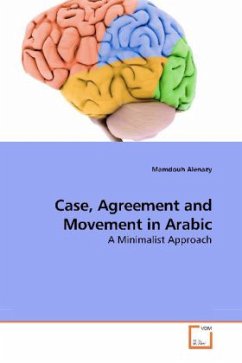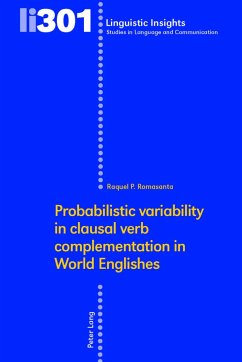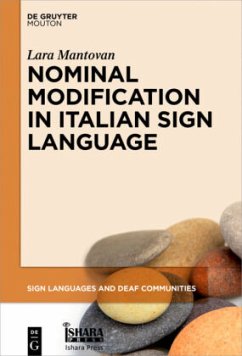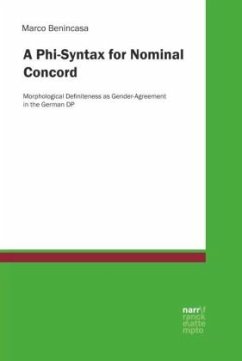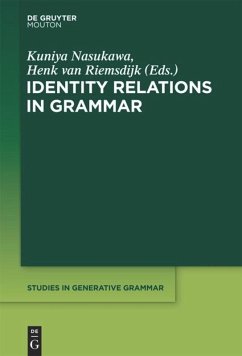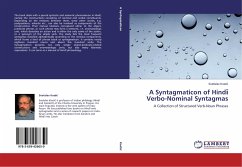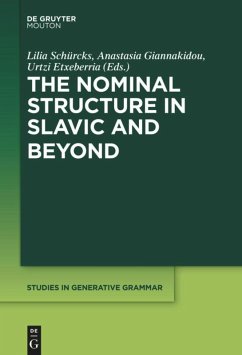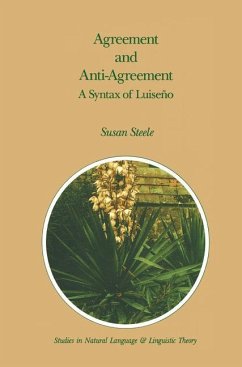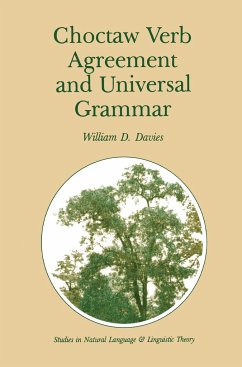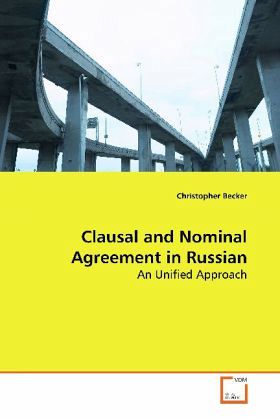
Clausal and Nominal Agreement in Russian
An Unified Approach
Versandkostenfrei!
Versandfertig in 6-10 Tagen
45,99 €
inkl. MwSt.

PAYBACK Punkte
23 °P sammeln!
This book unifies the analysis of morphosyntacticagreement patterns of the clause and the noun phrase,focusing empirically on the syntax of Russian. Here, the author develops a Minimalist analysis modifying the Agree and Probe-Goal approach and shows that manylong-standing issues regarding agreement of formalfeatures and Case can be accounted for without resortto certain stipulations. In particular, this book proposes that clausal agreement reflects the features of the constituents of a subject noun phrase and proposes locality constraints on this agreement operation. Such a unified account of...
This book unifies the analysis of morphosyntactic
agreement patterns of the clause and the noun phrase,
focusing empirically on the syntax of Russian. Here,
the author develops a Minimalist analysis modifying
the Agree and Probe-Goal approach and shows that many
long-standing issues regarding agreement of formal
features and Case can be accounted for without resort
to certain stipulations. In particular, this book
proposes that clausal agreement reflects the
features of the constituents of a subject noun
phrase and proposes locality constraints on this
agreement operation. Such a unified account of
clausal and nominal feature agreement has been
lacking in many proposals that consider the data in
only one, or the other, domain. This book
contributes to the theoretical understanding of
agreement phenomena in both morphologically rich
agreement languages such as Russian and less
inflected languages such as English.
agreement patterns of the clause and the noun phrase,
focusing empirically on the syntax of Russian. Here,
the author develops a Minimalist analysis modifying
the Agree and Probe-Goal approach and shows that many
long-standing issues regarding agreement of formal
features and Case can be accounted for without resort
to certain stipulations. In particular, this book
proposes that clausal agreement reflects the
features of the constituents of a subject noun
phrase and proposes locality constraints on this
agreement operation. Such a unified account of
clausal and nominal feature agreement has been
lacking in many proposals that consider the data in
only one, or the other, domain. This book
contributes to the theoretical understanding of
agreement phenomena in both morphologically rich
agreement languages such as Russian and less
inflected languages such as English.



